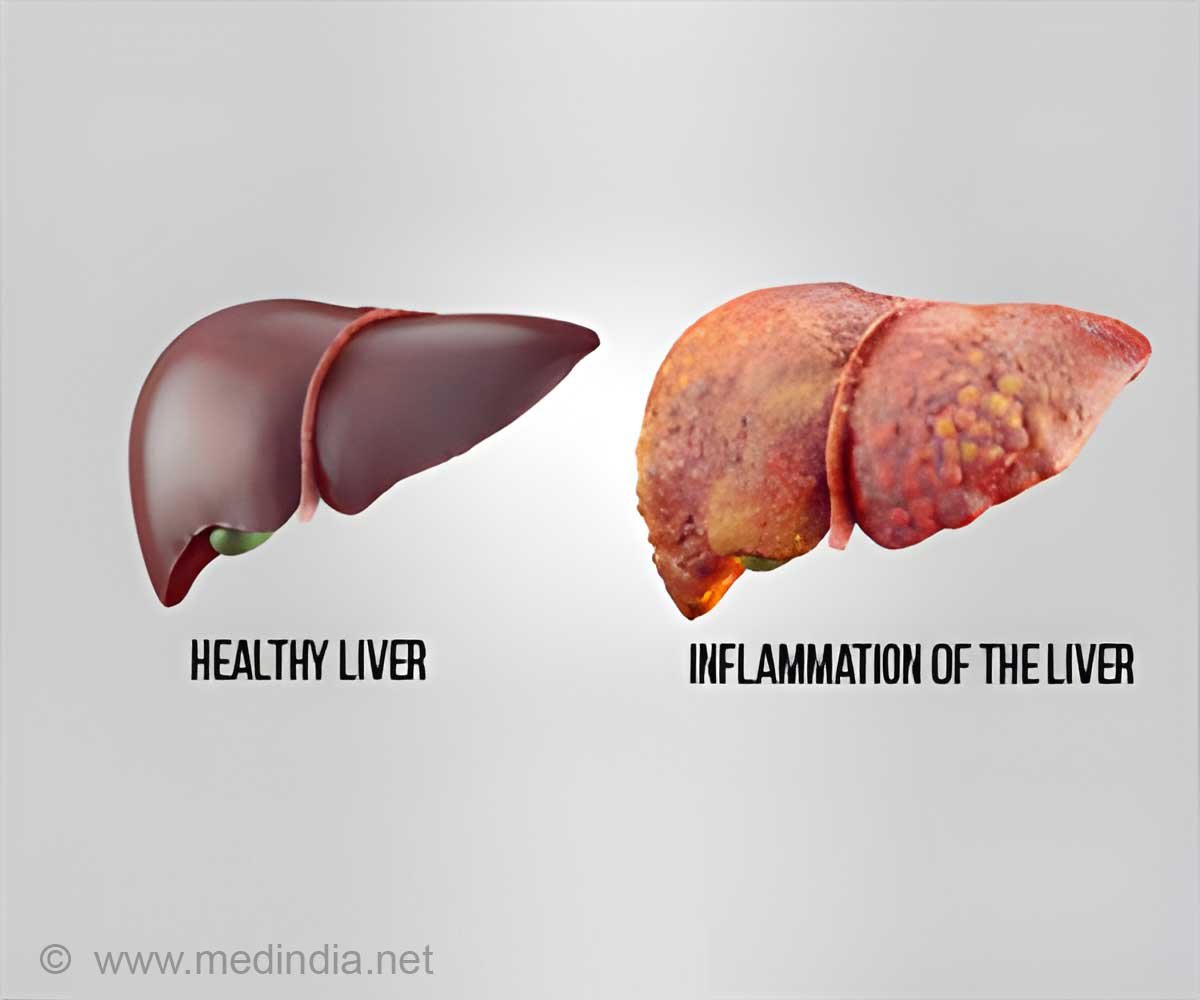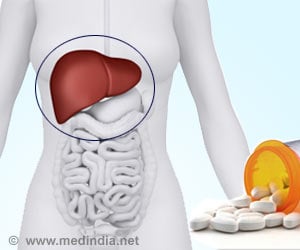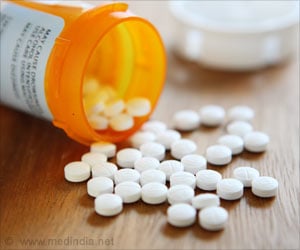Compared to previous years, several EU countries have seen large increases in hepatitis A in 2017 and these are mainly affecting men who have sex with men.

‘Hepatitis A can be unpleasant, but it's not usually serious and most people make a full recovery within a couple of months. Some people, particularly young children, may not have any symptoms.’





The on-going hepatitis A (HAV) outbreaks across Europe are rapidly spreading and they have most likely not reached their peak yet. On the contrary: due to reporting delays, the currently available figures do not reflect the true extent of the outbreak situation. So far, most cases are reported among unvaccinated men who have sex with men (MSM) but there is evidence of secondary cases among other groups. Countries reporting outbreak-related cases are Austria, Belgium, Denmark, Finland, France, Germany, Ireland, Italy, the Netherlands, Norway, Portugal, Slovenia, Spain, Sweden and the United Kingdom. Particularly Spain and Italy report high numbers of hepatitis A infections, mostly in men (see ECDC's updated rapid risk assessment). In Spain, cases reported in 2017 are almost eight times higher than the average number of cases reported during the same period between the years 2012 and 2016. Sequencing results to identify possible links to the circulating HAV strains from several affected EU/EEA countries are still pending.
Interrupting the transmission chain with vaccination and PEP
"As suggested in our latest rapid risk assessment, further transmission may be prevented by vaccination of men who have sex with men and post-exposure prophylaxis among contacts of those infected", says ECDC Acting Director Andrea Ammon, "limited vaccine availability in some countries may however have an impact on the implementation of such control measures."
Austria, Italy, Portugal and Spain are facing hepatitis A vaccine shortages while the Czech Republic, Denmark, Estonia, Finland, Ireland, Luxembourg, Slovenia and Sweden have reported no shortages. As outlined in the ECDC risk assessment, countries should interact directly with marketing authorisation holders to enquire about supplies at national level as early as possible, i.e. create forecasts of the number of doses required and make procurement arrangements. Any changes in current hepatitis A vaccination policies and supplementary immunisation activities should be planned as early as possible.
Advertisement
With the start of the Pride season, including the upcoming WorldPride in Madrid with an expected three million participants, the main recommendations stated in the ECDC risk assessment for this event remain valid:
Advertisement
In addition, participants should get advice on prevention of sexually transmitted infections prior to attendance. MSM should check their vaccination status against hepatitis A and B, in the context of the on-going hepatitis A outbreaks mainly affecting MSM in EU countries. They should also ask their healthcare provider about national recommendations on HIV pre-exposure prophylaxis (PrEP).
Testing for sexually transmitted infections (including HIV and hepatitis) and healthcare provider evaluation in those experiencing symptoms or had engaged in unprotected sexual activity with casual partners is advised after return.
Source-Eurekalert















